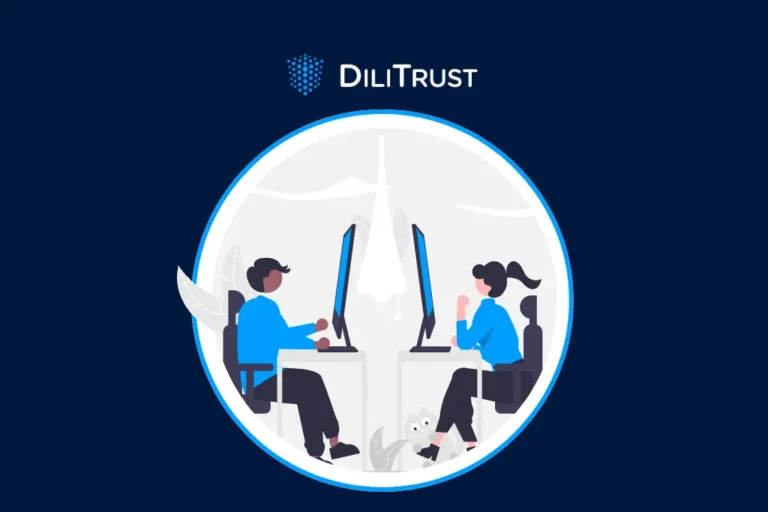In today’s business and digital world, strict requirements in terms of compliance and regulations mean that companies have to continually adapt to remain effective and competitive. Like all departments in a company, Legal Departments also need to innovate and reorganise their way of working, to seize opportunities and stay competitive.
Legal departments must meet the new challenges of digital transformation. Firstly, their scope of intervention has been extended to other business units, leading to greater participation in risk management. Secondly, they have to comply with a new organisational model. Currently, the entities that perform best are the ones that are most flexible. To be flexible, they must also be responsive and adapt to the various demands made by the market.
According to Karina Messaoudi, C.O.O (Chief Operating Officer) at Société Générale, during an interview given to “Village de la Justice”: “An innovative legal department is one that capitalises on the skills and expertise of each of its in-house lawyers, with a view to increasing value. It is also a department that is focused on the future, using the working tools and methods of the future, while keeping people at the centre of its focus.”
Do digital tools create new opportunities?
Managers must now encourage innovation by launching projects to transform legal departments, in order to adapt the company and its employees to this new context. To put this change policy in place, governance software must be introduced to optimise and simplify the productivity of the people involved. The significant time saving allows them to focus their expertise on more complex cases, and therefore create more value.
Corporate governance software also helps to give an overall vision of the Group and its subsidiaries, by aggregating and processing a large amount of data, considerably reducing the risk of human error. The graphs, maps and organisation charts they generate give a snapshot of the company at a given time and are invaluable tools during the decision making process. They help to optimise management and improve relations between the company’s departments, via a Knowledge Management system which transforms simple data into valuable information, usable on several scales. However, it is essential to find the right balance between information sharing and the security of sensitive legal data. Such applications are therefore an excellent solution to this problem, as they simplify management, monitor authorisations and configure access.
A significant phase of digitisation
It is important that managers tackle the issue of digital transition as early as possible. The gap is widening between the traditional players who persist with outdated ways of working and those who have considered the challenges of digital tools and have already implemented the necessary measures. In other words, it is recommended that you begin working on your digital transition as soon as possible, as it can lead to a significant competitive advantage. To make a success of this change, it is important to surround and equip yourself with quality solutions.
These innovations are supported by DiliTrust, which provides solutions to many legal departments in the fields of Corporate Governance and secure sharing of sensitive, confidential data. DiliTrust Governance is a solution that gives legal departments a centralised view of all the Group’s legal activities, ensuring they are up to date, consistent and compliant, with total traceability. It covers Corporate Law, and more broadly management of Authorisations and Delegations, Contracts, Litigation, Real Estate and Intellectual Property.



